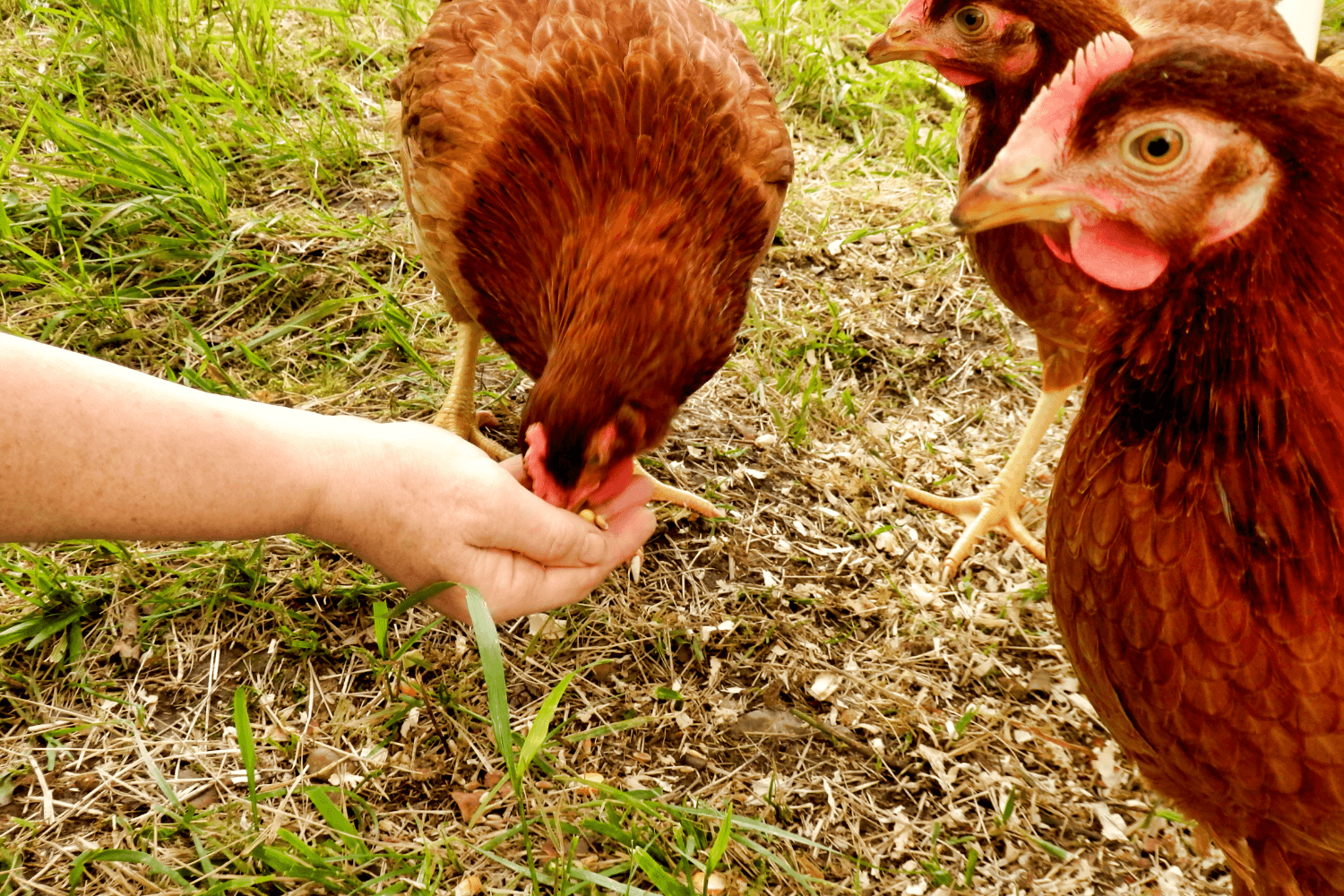How to Treat Your Chickens to Dried Grubs
If you're currently raising backyard chickens, you might have wondered how you could take their diet to the next level. And if you're all about giving them something more nutritious than the usual corn, then dried grubs are some of the best choices you can offer your feathered friends! So in this blog post, we'll guide you on how to feed dried grubs to your chickens like a pro.
First off, why would you want to feed dried grubs to your chickens, and what makes them so nutritionally superior? Well, unlike corn or other grains, dried grubs can offer your chickens a more balanced and complete ratio of protein, carbohydrates, and fiber. Plus, they're rich in healthy fats and vitamins like A, B, and E, which can help improve your flock's immune system, growth, and feather health.
Our Supreme Grubs contain 100% dried black soldier fly grubs, and are a high-quality dried grub brand with one of the most nutritious and easy-to-digest insects for poultry.
When it comes to feeding your chickens dried grubs, you have several options. You can either give them as a standalone snack or mix them with your chickens' usual feed, whether it's pellets, crumbles, or scratch grains. Some owners like to sprinkle some dried grubs on top of their chickens' food to entice them to peck more, while others offer them as treats during training or bonding sessions.
One thing to consider when feeding dried grubs to your chickens is the amount and frequency. While dried grubs are healthy, they're also high in calories and protein, so you don't want to give them too much that it messes up your chickens' natural diet or metabolism. It's suggested that you feed them dried grubs as a supplemental snack, not a replacement for their main feed. You can give them around 5-10% of dried grubs daily, or a handful as a treat once or twice a week.
Lastly, don't forget to monitor your chickens' reaction and health when feeding them dried grubs. Some chickens might have a preference or aversion to the taste and texture of dried grubs, so observe if they're eating them happily or ignoring them. Also, be aware of the smell and mold growth of the dried grubs, as they can go rancid over time and cause digestive issues for your birds. Always check the expiration date and storage instructions of the brand you're buying, and keep them in a cool, dry place.
In conclusion, dried grubs can be a nutritious and delicious addition to your chickens' diet, as long as you source them properly and feed them in moderation. By feeding your chickens dried grubs, you're enriching their nutritional profile, boosting their health, and satisfying their palates. Try incorporating some dried grubs in your chicken-keeping routine, and see how they love it!

